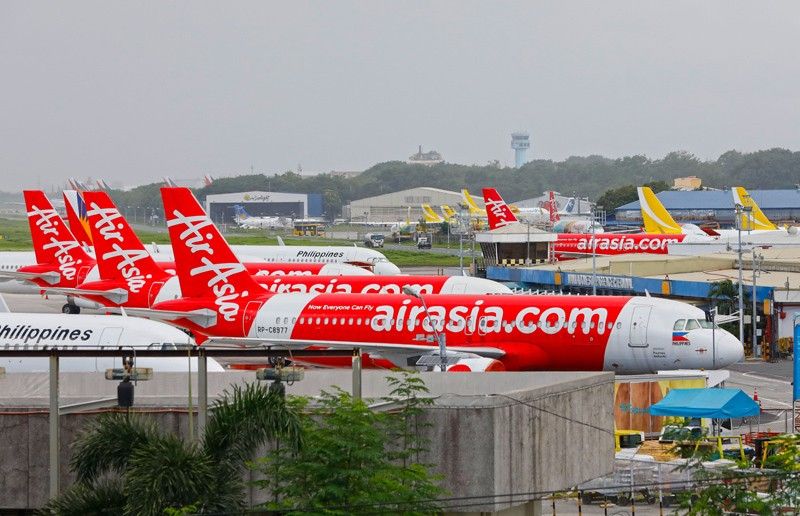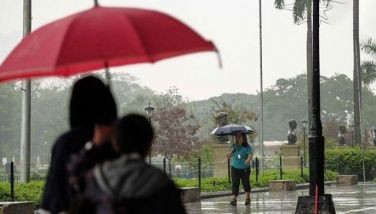'Easing of investment rules to make Philippines reliant on foreign capital'

MANILA, Philippines — A newly-signed law which allows full foreign ownership in key industries such as telecommunications, airlines and railways will do more harm than good, according to a local research and advocacy group, as this will pose a challenge to the Philippines in developing its domestic enterprises and make the country dependent on foreign capital.
On Monday, President Rodrigo Duterte signed into law the amendments to the 85-year old Public Service Act (PSA). The Republic Act (RA) 11659 relaxes restrictions on foreign investments in three industries that are now excluded from the definition of "public utility."
Before, foreigners could only own as much as 40% of equity in these industries.
"RA 11659 reflects obsolete thinking that foreign investment is a magic bullet for development and does more harm than good for the country," Sonny Africa, executive director at IBON Foundation, a non-profit think tank, told Philstar.com in an online exchange on Tuesday.
Africa explained that other countries have already learned from decades of "failed globalization", as they are now embarking on setting restrictive investment policies.
"For instance, UNCTAD’s (United Nations Conference on Trade and Development's) World Investment Report 2021 pointed out how the number of restrictive investment policies is rising worldwide and already the highest on record. These are even mainly by developed economies – if developed economies see the need to more strongly regulate investment, then what more underdeveloped economies like the Philippines," he said.
According to him, a country must first have developed its domestic enterprises and the capacity to regulate investments to ensure long-term gains for the national economy, before it can relax ownership restrictions for certain industries.
"We're unfortunately weak on both counts in the public utilities being liberalized. As they were, the Constitutional restrictions were effective and economical means to protect critical sectors and removing them puts the country at a disadvantage," Africa said.
In an earlier statement, IBON argued that the law, when it was still a bill up for the president's signature, bypasses the 40% foreign ownership restrictions in the 1987 Constitution by excluding telcos, airlines and railways from the definition of "public utilities."
The RA 11659 still retains the ownership restrictions for other industries including public utility vehicles, power, water, seaports and petroleum pipelines, where foreign investors can only own up to 40%.
Spur investments
Sen. Grace Poe, the main author and sponsor of the measure amending the PSA, believes that the newly-signed law will spur critical investments which will speed up economic recovery and development.
"I look forward to finally having an enabling environment that provides better and more affordable services, creates more jobs and ultimately improves the quality of life of every Filipino," she said in a statement posted on the Senate website yesterday.
However, she said that lawmakers will be vigilant in ensuring that the safeguards in the law "remain sacrosanct." One of these safeguards include allowing the president to suspend or bar any proposed merger or acquisition for the sake of national security.
The legislation is seen as a game-changing reform which will encourage more competition in the public service sector, attract foreign direct investments, and pave the way for better public services, according to public advocacy group Foundation for Economic Freedom (FEF), whose members include former finance secretaries and central bankers.
"We foresee increased investments in the sectors opened up to a maximum of 100% foreign ownership," the group said in an emailed statement.
FEF explained that the law lays down rules that will protect the country from malicious intentions which endanger national security, such as screening possible investments in critical infrastructure and requiring telecoms investors to submit an ISO certification for information security.
"The amended law likewise protects consumer welfare by increasing the penalties for erring companies engaged in public services. It also provides protection for small operators in the transportation industry by retaining the 60/40 restriction for public utility vehicles such as tricycles and jeepneys," it added.
- Latest
- Trending




























